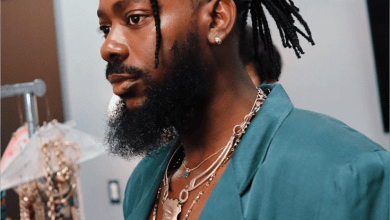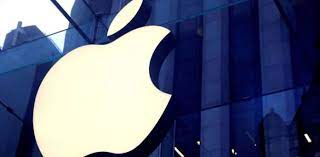Pope Francis’ Funeral Set for Saturday as World Leaders Prepare to Pay Final Respects

The Vatican has officially announced that the funeral for Pope Francis will be held on Saturday at 10:00 a.m. (08:00 GMT) in St. Peter’s Square, marking the end of a transformative 12-year papacy that reshaped the Catholic Church’s global identity and moral voice.
The solemn Mass will be presided over by Cardinal Giovanni Battista Re, Dean of the College of Cardinals, and is expected to draw a historic gathering of world leaders, heads of state, and royalty.
Among the dignitaries set to attend are U.S. President Donald Trump, Argentinian President Javier Milei, and senior religious leaders from across faith traditions, reflecting the pontiff’s deep global influence and his enduring commitment to interfaith dialogue and social justice.
In accordance with Vatican tradition, the funeral plans were finalized during an extraordinary meeting of cardinals held Tuesday morning. The cardinals also began preparations for the upcoming conclave, which is expected to begin after May 6, to elect the next pope.
Pope Francis, who passed away on Monday at the age of 88 following a stroke and cardiac arrest, will lie in state beginning Wednesday at 07:00 GMT in St. Peter’s Basilica, allowing the faithful to pay their final respects. Prior to public viewing, Cardinal Kevin Joseph Farrell, the Camerlengo of the Holy Roman Church, will lead a prayer and a brief procession.
The pontiff’s body, currently laid out in a simple casket in the chapel of the Santa Marta residence where he chose to live, will be carried through the central doors of the basilica for the viewing.
In a break from centuries-old tradition, Pope Francis will not be interred beneath St. Peter’s Basilica but rather at the Basilica of Saint Mary Major in Rome—home to his cherished icon of the Virgin Mary. The choice is in keeping with the pope’s lifelong preference for humility, simplicity, and devotion to the marginalized.
Pope Francis leaves behind a legacy of reform, inclusion, and moral courage. Throughout his papacy, he championed the rights of the poor and displaced, sought to modernize the Church’s approach to complex social issues, and frequently clashed with conservative factions over doctrine and discipline.
His unexpected passing comes just weeks after he had appeared to recover from a prolonged hospitalization due to double pneumonia.
On Easter Sunday, he addressed thousands of worshippers from St. Peter’s Square, offering what would become his final public blessing.
With his death, the Vatican has initiated traditional rites, including the ritual destruction of the Fisherman’s Ring and the papal seal—symbolizing the formal end of his papal authority.
As images of the late pontiff dressed in red liturgical robes, a mitre, and rosary in hand circulate globally, the Church turns now to the task of discernment.
The upcoming General Congregations will provide an opportunity for reflection and debate among the 135 cardinal-electors—nearly 80 percent of whom were appointed by Francis himself—as they prepare to choose the next leader of the Roman Catholic Church.
Pope Francis’s death marks the close of an era defined by spiritual renewal, compassion, and a relentless call for a Church that is “poor and for the poor.” His final journey will be accompanied by the prayers of millions around the world.





